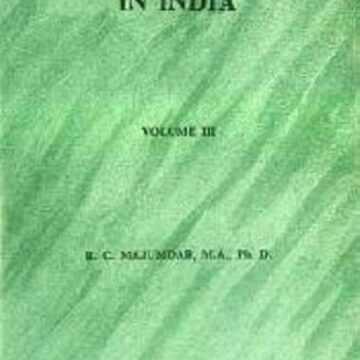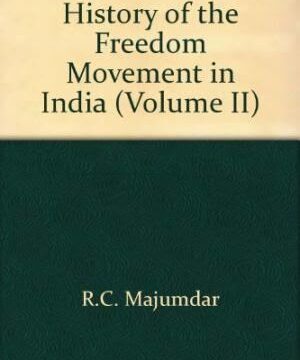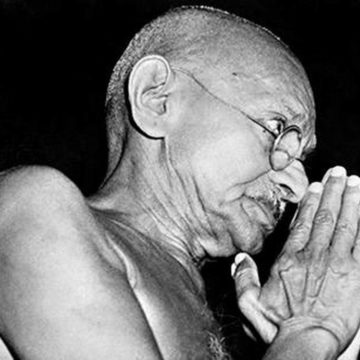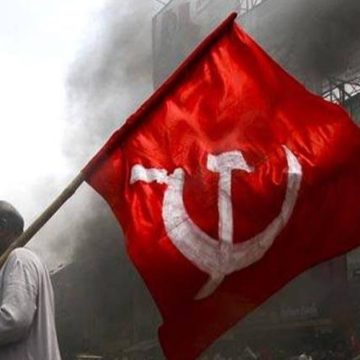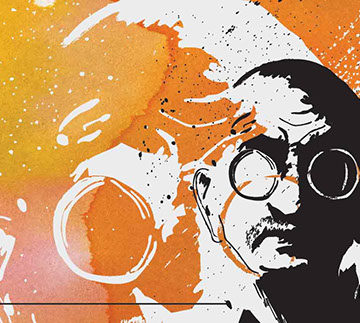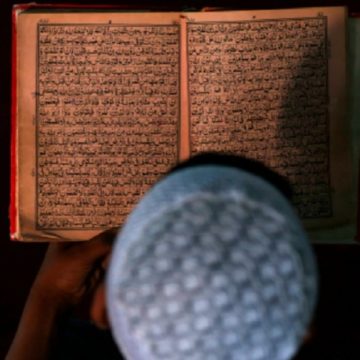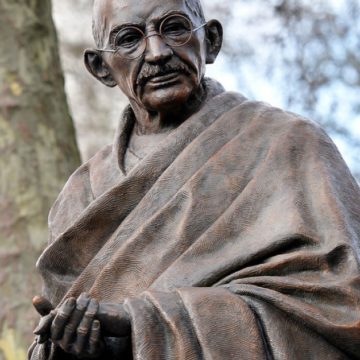Dr Pingali Gopal uses R. C. Mazumdar's book "History of the Freedom Movement in India" as reference to evoke interest in the truth behind the popularised version of the history of India's independence.
The last part of the series deals with the Quit India Movement, Subhash Chandra Bose's contribution to the cause, the partition of India and final moments of dotting the i's and crossing the t's before the transfer of power.
Tag: gandhi
Excerpts From History Of The Freedom Movement In India By R. C. Mazumdar – The Muslim Politics – Part 3
The point Mazumdar repeatedly makes in his book is that the Muslim leaders were extremely clear on what they wanted. The Hindu leaders remained clouded and romantic, dreaming of a unity not simply existing in the minds and hearts of their Islamic counterparts.
The central idea of all the proposed alternatives was that the treatment of Muslims should not be as a minority community in Hindu India but as a separate nation with a distinct culture.
During this great metamorphosis of Muslim politics in India, neither the Congress nor the Hindu public men gave it the serious attention it deserved. They angrily opposed the idea of vivisection of India in any form and took their stand on the twin ideas of Indian nationality and Indian unity—the ideas that the Muslims rejected in almost one voice.
The Hindu leadership never belonged to the Hindus, and the Muslim leadership was devoted to nothing except Muslims and Islam.
Excerpts From History Of The Freedom Movement in India By R.C. Mazumdar – The Politics Of The Book – Part 2
Dr Pingali Gopal explores the goings on that led to the birth of R.C. Mazumdar's book "History of the Freedom Movement in India" as the author tries to bring to light the truth behind India's independence and tries to redefine what "foreign occupation" means.
The rest of this series is a summary and paraphrasing of the works of RC Mazumdar. The essays are directly from the book, without indication as such in all cases. The first-person component of the essays also belongs to Mazumdar. There are no extra elements or comments added to the text of Mazumdar except for some editing and slight additions to give clarity to the background context and to give a smoother flow to the topic under discussion. The aim is to give an overview of the freedom struggle from a different perspective.p
History Of Freedom Movement: The View Of R.C. Mazumdar – Part 1
Dr Pingali Gopal uses R. C. Mazumdar's book "History of the Freedom Movement in India" as reference to evoke interest in the truth behind the popularised version of the history of India's independence.
Gandhi: How history might remember him
Mahatma Gandhi's follies are often ignored as in the public imagination his saintly nature always shines through.
Perversion of India’s political parlance – Part 2
Hindus have not learned to counter imperialist language in its various forms, be it Islamic, Christian or Communist.
Perversion of India’s political parlance – Part 1
Since its introduction in India, Leftist language has clearly dominated the discourse and performed the task of othering remarkably.
The Petition has served a great purpose
The petition against the Quran served to wake Hindus up from their slumber.
The Place of Mahatma Gandhi
Mahatma Gandhi's failure in recognising the threat posed by imperialist ideologies has left his legacy very much tainted.
“Quit or die!” – Gandhi warns Hindus
'Direct Action Day' was a call for a show of strength by the Muslim League. The secularist narrative, instead of condemning the perpetrators of violence, blames Hindu intellectuals and spiritual leaders, who were either far away from the scene or dead when the 'Great Calcutta Killings' took place.

